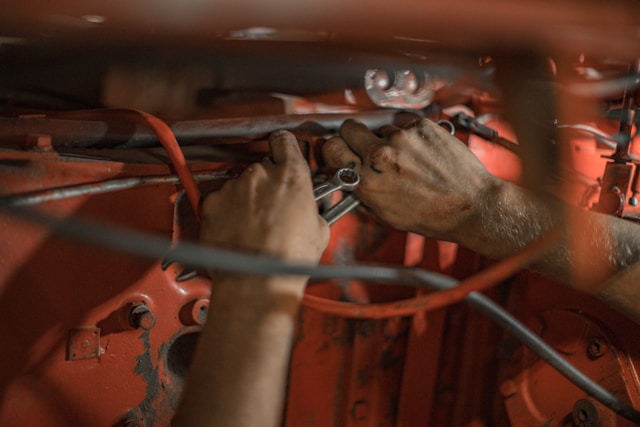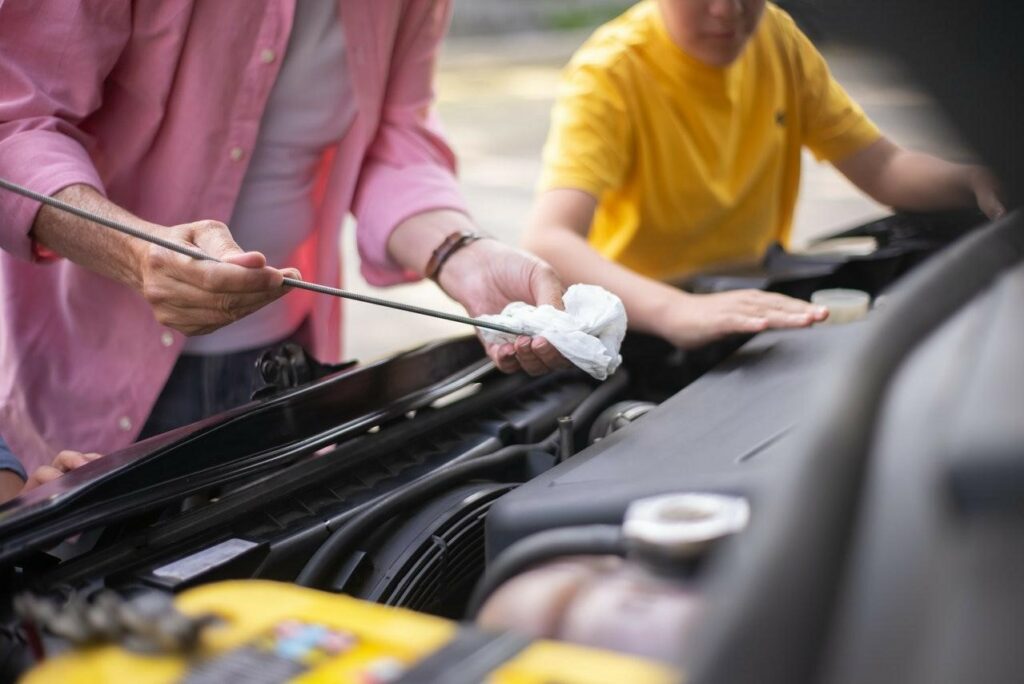Under the Hood: Practical Tips for Everyday Car Care
For many drivers, a car is more than just a way to get from point A to point B. It’s an investment, a source of independence, and sometimes even a companion on life’s daily journeys. Yet, despite how much we rely on our vehicles, car maintenance is often overlooked until something goes wrong. The good news is that with a little time and attention, you can keep your vehicle in excellent shape, extend its lifespan, and save money on costly repairs. Let’s take a look under the hood and explore some practical tips for everyday car care.
1. Get to Know Your Owner’s Manual
The owner’s manual is like your car’s personal health record. It outlines the recommended service intervals, the right type of fluids, and specific operating guidelines. Too often, drivers leave it in the glove box without ever cracking it open. A quick read can help you understand when to change your oil, how often to rotate your tires, and what warning lights really mean. Think of it as your car’s instruction manual for a longer, healthier life.
2. Keep an Eye on Fluid Levels
Your car relies on a variety of fluids to function properly—oil, coolant, transmission fluid, brake fluid, and windshield washer fluid, to name the essentials. Checking these regularly can prevent major issues:
- Engine oil: Check once a month using the dipstick. Low or dirty oil can lead to engine damage.
- Coolant: Helps regulate engine temperature; ensure levels stay between the minimum and maximum marks.
- Brake fluid: Low levels may indicate worn brake pads or a leak—don’t ignore it.
- Transmission fluid: Typically checked less often, but vital for smooth gear shifts.
Topping up fluids takes only a few minutes and can save you from breakdowns or expensive repairs.
3. Listen to Your Tires
Your tires are the only part of your car in direct contact with the road, making their upkeep critical for safety and performance. Here are a few key habits:
- Check tire pressure monthly. Underinflated tires wear faster, hurt fuel efficiency, and increase stopping distance. Overinflated tires can reduce traction.
- Rotate your tires every 5,000–7,000 miles. This ensures even wear.
- Inspect tread depth. Use the penny test: insert a penny into the tread with Lincoln’s head upside down. If you can see his whole head, it’s time for new tires.
Tires may not be glamorous, but they’re the foundation of safe driving.
4. Respect the Warning Lights
Modern cars are loaded with sensors that help alert you to problems. While it’s tempting to ignore a warning light if the car seems to run fine, those little icons on your dashboard are worth your attention.
- Check engine light: Could be as simple as a loose gas cap, or as serious as engine trouble. Don’t guess—get it scanned.
- Oil pressure light: Low oil pressure can mean imminent engine damage. Pull over safely and check immediately.
- Battery light: Indicates an issue with the charging system. Your car may soon refuse to start.
Treat warning lights as your car’s way of asking for help—ignoring them can be costly.
5. Protect Your Battery
Few things are as frustrating as a dead battery. Luckily, with a little care, you can avoid that unwelcome surprise.
- Inspect terminals: Clean off any corrosion with a mixture of baking soda and water.
- Drive regularly: Short trips don’t allow the alternator enough time to recharge the battery fully.
- Replace on schedule: Most car batteries last 3–5 years. Don’t push it beyond its reliable lifespan.
If you live in a climate with extreme heat or cold, battery checks are even more important.
6. Don’t Forget the Brakes
Your brakes are your car’s most important safety system. Pay attention to the signs they give you: squealing, grinding, or reduced responsiveness. Don’t wait until they fail completely—get them inspected and serviced as soon as possible. Routine brake pad replacements are far cheaper than repairing damaged rotors or calipers caused by neglect.
7. Keep It Clean, Inside and Out
Car care isn’t just mechanical—it’s also about appearance and comfort. Washing your car removes dirt, salt, and debris that can lead to rust, especially in winter. Waxing adds a protective layer against UV rays and environmental contaminants. Inside, vacuuming and wiping down surfaces prevents wear, odors, and stains. A clean car isn’t just pleasant to drive; it also holds its resale value better.
8. Mind Your Driving Habits
Believe it or not, the way you drive plays a huge role in your car’s longevity. Aggressive acceleration, hard braking, and frequent short trips all put extra stress on your engine, transmission, and brakes. Smooth driving not only reduces wear but also saves fuel. Simple habits—like easing into stops, coasting when possible, and avoiding potholes—can add years to your car’s life.
9. Stick to a Maintenance Schedule
Even with the best daily care, your car still needs professional checkups. Oil changes, tire rotations, and inspections should follow the schedule recommended in your owner’s manual. Keeping a log—whether in a notebook, on your phone, or through an app—helps you stay consistent. Following a reliable logbook service ensures your car remains in top condition and can help maintain warranty coverage. Think of it like regular doctor’s visits for your car: prevention is always better than cure.
10. Build a Relationship with a Trusted Mechanic
Finally, having a reliable mechanic is invaluable. A professional who knows your car’s history can spot issues early and give you honest advice. Ask friends and family for recommendations, check online reviews, and don’t be afraid to get a second opinion on major repairs. Building trust with a mechanic can save money and headaches in the long run.
Final Thoughts
Caring for your car doesn’t require advanced mechanical skills. Most of the tasks—checking fluids, inspecting tires, keeping it clean—are simple habits anyone can adopt. The key is consistency. By taking a little time to look after your vehicle, you not only prevent costly repairs but also ensure safer, smoother, and more reliable drives.
After all, your car takes care of you every day. Returning the favor with regular care under the hood is a small effort that pays big dividends for years to come.

